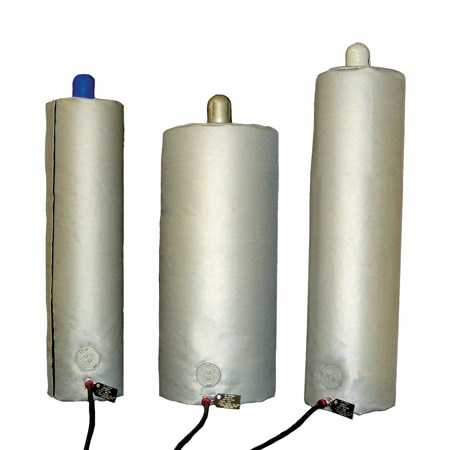Call us at 1-888-826-6342

| Quantity | Price each |
|---|---|
| 1-4 | $1,729.05 |
| 5-9 | $1,642.60 |
| 10-24 | $1,608.02 |
| 25-49 | $1,538.85 |
| 50-99 | $1,504.27 |
| 100+ | $1,469.69 |
Edit these specs to order a different model. Not all combinations are valid. Options compatible with previous selections will be in bold.
*Highlighted options are not compatible. Please select a different combination.